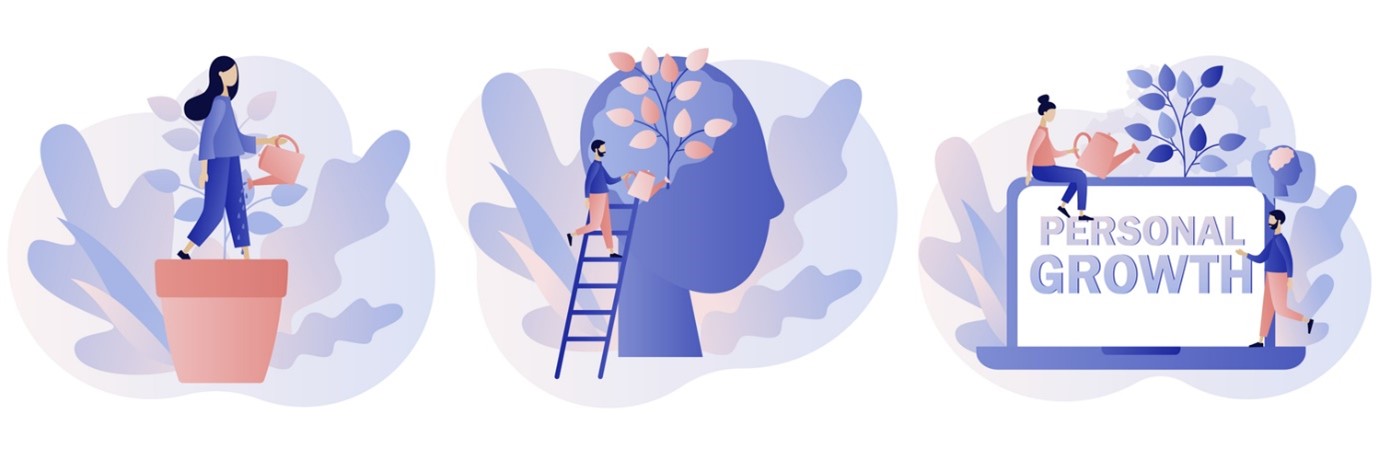The mind-body connection is a powerful concept that highlights the interdependence between our physical health and mental well-being. Understanding this connection can help us make lifestyle choices that benefit both our body and mind.
- Physical Activity and Mental Health
Regular physical activity is one of the most effective ways to enhance mental well-being. Exercise releases endorphins, often referred to as “feel-good” hormones, which can elevate mood and reduce stress. Additionally, physical activity increases the production of neurotransmitters like serotonin and dopamine, which are crucial for regulating mood and preventing anxiety and depression.
- Nutrition and Mental Clarity
What we eat can significantly affect our mental state. A balanced diet rich in fruits, vegetables, whole grains, and lean proteins provides essential nutrients that support brain function. Omega-3 fatty acids, found in fish and flaxseeds, are particularly beneficial for brain health and can help reduce symptoms of depression. Conversely, diets high in sugar and processed foods can lead to inflammation, which is linked to mood disorders.
- Sleep and Cognitive Function
Adequate sleep is vital for cognitive function and emotional regulation. During sleep, the brain processes information, consolidates memories, and repairs itself. Lack of sleep can impair these functions, leading to difficulties in concentration, decision-making, and emotional stability. Prioritizing 7-9 hours of quality sleep each night can significantly improve mental clarity and overall mood.
- Stress Reduction and Relaxation
Engaging in relaxation techniques such as yoga, meditation, or deep-breathing exercises can effectively reduce stress levels. These practices help calm the mind, lower blood pressure, and decrease the production of stress hormones. By incorporating these activities into your routine, you can enhance your body’s ability to cope with stress and improve your mental resilience.
Conclusion
The connection between physical health and mental well-being is undeniable. By taking care of your body through regular exercise, a nutritious diet, sufficient sleep, and stress management techniques, you can positively impact your mental health. Embrace the mind-body connection and make holistic well-being a priority in your life.
For more tips on self-improvement, visit Self Improvement Tips.







